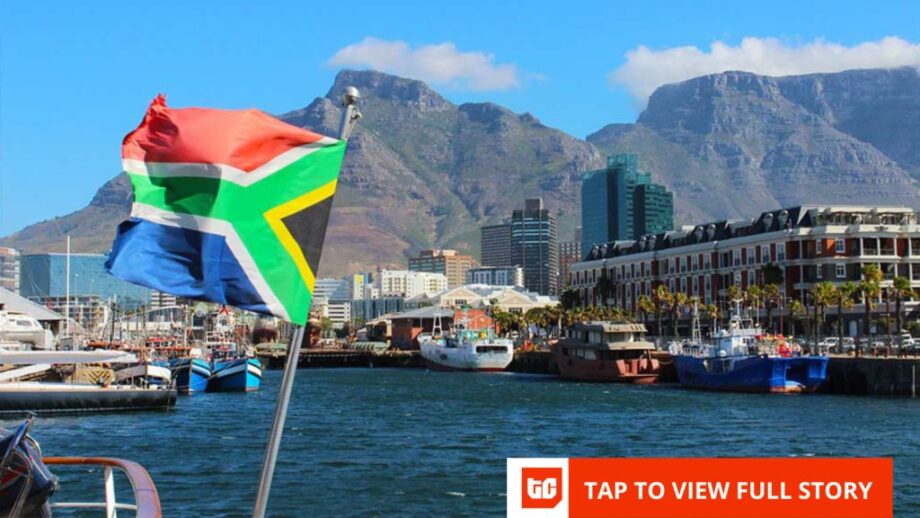- South Africa’s startup ecosystem has shown the most resilience in the funding downturn, with several startups successfully raising follow-on funding rounds.
- Factors contributing to South Africa’s resilience include a combination of business culture, macroeconomic conditions, and fundraising environment.
- South Africa was the only ecosystem in sub-Saharan Africa to see an increase in average valuations in 2023, attracting venture capital in terms of deal value and volume.
- Historical scarcity of capital in South Africa has led to startups prioritizing sustainable cash flow and sensible valuations based on real unit economics.
- Despite challenges like high unemployment and load shedding, South Africa’s macroeconomic fundamentals have held up well, enabling the ecosystem to attract capital internally and weather the funding winter.
Resilience in the SA Ecosystem
The South African startup ecosystem has proven to be the most resilient in the face of the funding downturn that has affected the continent. Despite challenges, such as high unemployment levels, load shedding, and a declining currency, South Africa has stood out for its ability to weather the storm. In the period between Q1 2023 and Q1 2024, several startups in South Africa managed to raise follow-on funding rounds, showcasing their resilience and adaptability in a tough funding environment.
Factors Driving Resilience
Several factors have contributed to the resilience of the South African ecosystem amidst the funding downturn. One key factor is the historical scarcity of capital in the country, which has led startups to prioritize sustainable cash flows and efficient capital usage. Keet van Zyl, from VC firm Knife Capital, highlighted that South African startups may not be paper unicorns, but they are known for being robust, sustainable, and capital efficient. This focus on sound unit economics has made South African startups attractive even in a macroeconomic slump.
Local institutional investors’ previous aversion to the VC asset class due to perceived risk has also played a role in shaping the ecosystem. This risk-averse market has pushed startups to build solid businesses with good unit economics to attract funding. Will Green from Co.Lab emphasized that the principles of sound unit economics and strong fundamentals have been the saving grace for the South African ecosystem, especially during challenging times.
Related Video

Macro Fundamentals and Investor Confidence
Despite facing economic challenges, South Africa’s macroeconomic fundamentals have remained relatively stable compared to other countries on the continent. Clive Butkow from Conducive Capital noted that the country’s currency, inflation rates, and other macroeconomic factors have held up better than its peers. This stability has trickled down to the startup ecosystem, providing a foundation for resilience amidst external pressures.
Internally, South Africa has seen a rise in capital from banks, pension funds, and family offices being channeled into VC funds. This internal capital injection has enabled the ecosystem to weather the challenges posed by the funding downturn. Private equity firms in South Africa have also shown a growing interest in technology companies, with a significant portion of investments flowing into the tech sector. The focus on companies with rapid revenue growth and solid unit economics has attracted investors and contributed to the ecosystem’s resilience.
Future Outlook and Sustainability
As the funding winter continues to impact startups globally, uncertainty looms over the future of the South African ecosystem. While some startups have had to shut down due to funding challenges, others have managed to raise bridge rounds to stay afloat. The longer funding winter may lead to dilution and cash flow crunches for startups, posing additional challenges to sustainability.
However, industry experts like Keet van Zyl and Clive Butkow remain optimistic about the ecosystem’s ability to weather the storm. They believe that startups that have embraced the principles of sound unit economics and sustainable growth will continue to hold out against the funding challenges. South Africa’s stable macroeconomic fundamentals and low-risk profile are expected to attract foreign capital into the ecosystem, further bolstering resilience and sustainability.
The South African startup ecosystem’s resilience in the face of the funding downturn sets it apart as a leader in the African tech funding landscape. By prioritizing sustainable growth, solid unit economics, and efficient capital usage, South African startups have navigated the challenges posed by the funding winter, making them attractive to investors and positioning the ecosystem for long-term success.
Links to additional Resources: